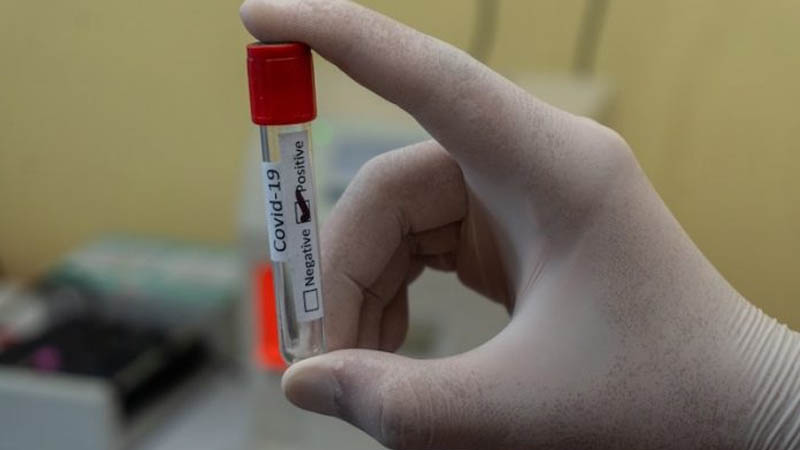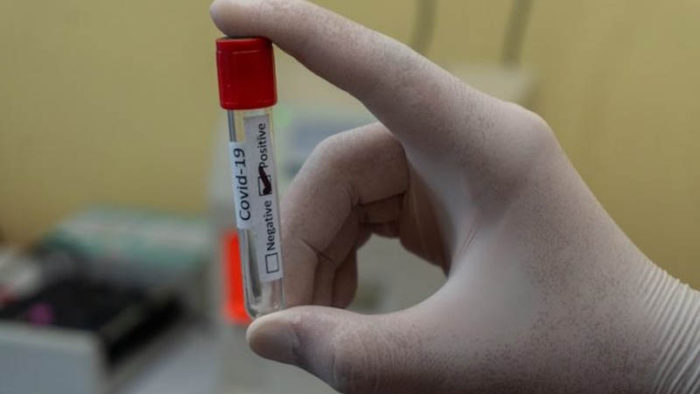Now, a survey from Health Canal suggests possible reasons why adults of this age — considered the most at risk of severe COVID-19 by the Centers for Disease Control and Prevention — may not be getting the newer shots.
While most adults 65 and over surveyed said the odds of them getting the updated vaccines made by Pfizer or Moderna are “likely,” 18.93%, or “very likely,” 38.26%, other respondents answered differently.
While most adults 65 and over surveyed said the odds of them getting the updated vaccines made by Pfizer or Moderna are “likely,” 18.93%, or “very likely,” 38.26%, other respondents answered differently.
Other adults, 18.04%, said they were “neutral” on whether they plan to get the newer shots, while 7.33% said it was “unlikely” and 17.44% said it was “very unlikely” they would do so, according to the survey, which involved 1,113 participants.
The survey respondents cited worries about their personal safety as one of the top reasons for both getting or not getting the newer shots.
Their responses were collected on April 22, a few days after the Food and Drug Administration announced that the original COVID-19 vaccines made by Pfizer and Moderna are no longer authorized in the U.S.
The companies’ newer vaccines, which are made up of the original vaccine and a second component targeting the omicron variant, have now become the companies’ main dose for people 6 months and older. Specifically, the second component targets omicron BA.4 and BA.5.
WHY ARE SOME ADULTS 65 AND OLDER NOT GETTING THE UPDATED SHOTS?
All adults surveyed were previously vaccinated against COVID-19, according to the survey report. Among the adults surveyed who said it was “unlikely” or “very unlikely” they’d get the updated COVID-19 vaccines, the top five reasons behind this were:
Not knowing whether the newly formulated vaccine was safe (40.73%)
Worries over potential vaccine side effects (31.05%)
Skepticism about the effectiveness of the new vaccines’ formulas (27.82%)
Believing they’re still strongly protected against COVID-19 (29.44%)
Believing that they’re still strongly protected against a severe COVID-19 infection (20.56%)
Meanwhile, the top reasons for getting shots, according to Health Canal, are
Protection from the new omicron variants (88.89%)
Protection against severe COVID-19 infection (69.97%)
Wanting to protect others (63.02%)
Preventing long COVID (60.86%)
Following CDC recommendations (53.82%)
The Health Canal survey has some limitations, however, including that most participants surveyed were white with most respondents from California, Florida, and Texas.
SAFETY AND SIDE EFFECTS OF UPDATED, BIVALENT VACCINES
The safety of both Pfizer and Moderna’s bivalent COVID-19 vaccines is based on an FDA analysis of clinical trial data of both companies’ original vaccines, as well as data on an “investigational” bivalent vaccine composed of the original shots’ formula and omicron BA.1.


